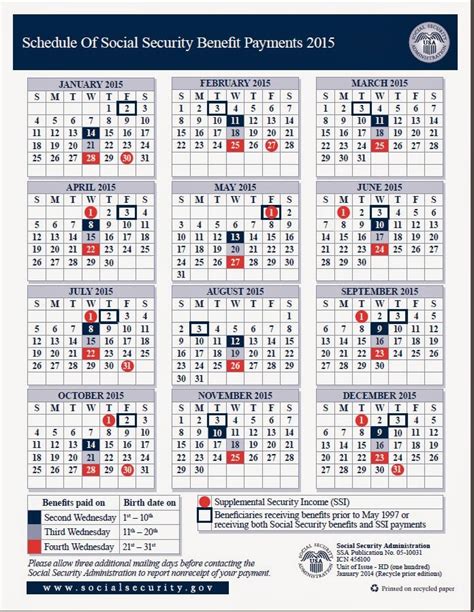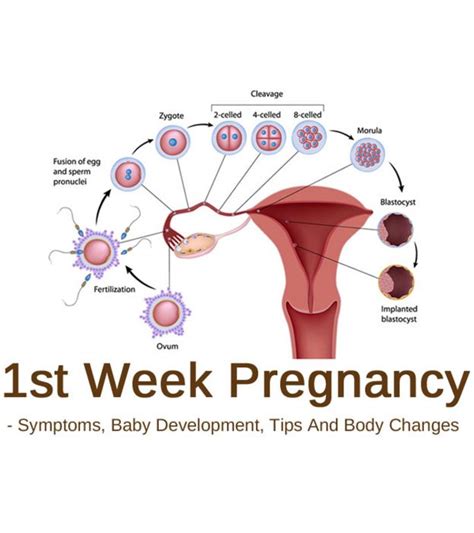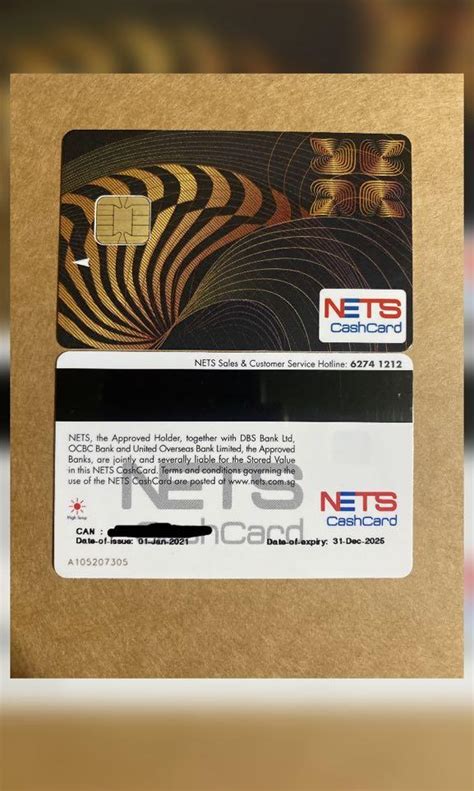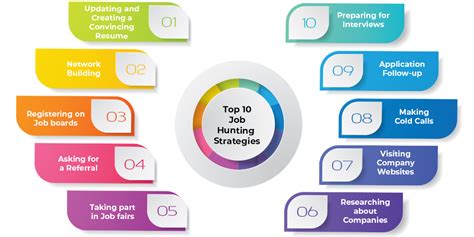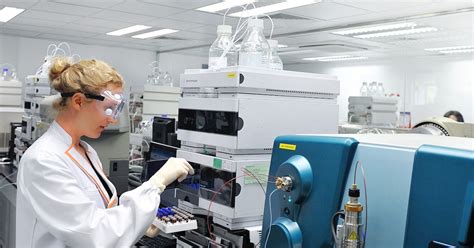Introduction

Exams can induce stress and anxiety, making it challenging to perform well. Learning how to relax can alleviate stress levels and enhance cognitive function. This comprehensive guide provides practical relaxation techniques to help you overcome anxiety and boost exam performance.
12 Proven Relaxation Techniques for Exams
1. Deep Breathing: Take slow, deep breaths and focus on inhaling through your nose and exhaling through your mouth. Count your breaths or use a guided meditation app. (National Center for Complementary and Integrative Health)
2. Progressive Muscle Relaxation: Tense and release each muscle group, starting from your toes and moving up to your head. This technique improves circulation and reduces muscle tension.
3. Yoga or Tai Chi: Engage in gentle physical activities like yoga or tai chi, which combine stretching and breathing exercises. These practices promote relaxation and enhance flexibility. (Harvard Medical School)
4. Meditation: Practice mindfulness meditation to reduce stress and improve emotional regulation. Focus on your breath or a mantra and let go of distracting thoughts. (American Psychological Association)
5. Aromatherapy: Use calming scents like lavender, chamomile, or peppermint to create a relaxing atmosphere. Diffuse essential oils or apply a few drops to your wrists or temples.
6. Massage: Receive a massage to relieve muscle tension and promote relaxation. Focus on areas that tend to hold stress, such as your neck, shoulders, and back. (Mayo Clinic)
7. Music Therapy: Listen to calming music to reduce stress and improve mood. Choose instrumental or nature-based music that evokes a sense of serenity. (National Institutes of Health)
8. Nature Immersion: Spend time in nature by walking, hiking, or simply sitting in a park. The fresh air and greenery can reduce anxiety and provide a sense of calm. (American Heart Association)
9. Creative Expression: Engage in creative activities like drawing, painting, or writing to release stress and express your emotions. These activities promote relaxation and self-awareness.
10. Visualization: Create a mental image of a relaxing or safe place. Close your eyes and imagine yourself in this environment, using all your senses to create a vivid experience.
11. Hydrotherapy: Take a warm bath or shower to relieve muscle tension and soothe your mind. Use Epsom salts or essential oils to enhance the relaxation effects.
12. Sleep: Ensure you get adequate sleep before an exam. Aim for 7-9 hours of quality sleep to improve cognitive function and reduce stress levels. (National Sleep Foundation)
Step-by-Step Approach to Relaxation Techniques
- Identify Relaxation Techniques: Explore the techniques mentioned above and choose those that resonate with you.
- Practice Regularly: Consistency is key. Incorporate relaxation techniques into your daily routine, even for short periods.
- Find a Quiet Space: Create a dedicated space for relaxation where you can be free from distractions.
- Set Realistic Goals: Don’t try to master all techniques at once. Start with one or two and gradually incorporate others.
- Be Patient: Relaxation takes practice. Don’t get discouraged if you don’t feel immediate results. Keep practicing and you will notice improvements over time.
How Relaxation Benefits Exam Performance
- Reduced Stress and Anxiety: Relaxation techniques effectively reduce stress and anxiety levels, allowing you to approach exams calmly and confidently.
- Improved Cognitive Function: Stress impairs cognitive abilities, while relaxation enhances attention, memory, and problem-solving skills.
- Boosted Confidence: When stress is managed, you feel more capable and confident, which can translate into better exam results.
- Increased Energy Levels: Relaxation techniques promote deep sleep and reduce muscle tension, resulting in increased energy levels and improved alertness during exams.
- Enhanced Focus and Concentration: Relaxation techniques improve mental clarity and focus, enabling you to concentrate on exam materials more effectively.
Tips and Tricks for Relaxation during Exams
- Create a Relaxation Plan: Develop a personalized relaxation plan that includes a combination of techniques that work best for you.
- Start Early: Begin practicing relaxation techniques well before exam day to maximize their benefits.
- Use Exam Breaks: Utilize exam breaks to engage in brief relaxation exercises to reduce anxiety and maintain focus.
- Focus on the Present Moment: During exams, focus on the present moment and avoid dwelling on past mistakes or worrying about future outcomes.
- Stay Hydrated: Drink plenty of water to prevent dehydration, which can contribute to stress and anxiety.
Conclusion
Exam relaxation techniques are invaluable tools for reducing stress, improving cognitive function, and boosting exam performance. By implementing these techniques, you can approach exams with greater calm and confidence, maximizing your chances of success. Remember, relaxation is a skill that requires practice. Start incorporating these techniques into your daily routine and experience the transformative power of relaxation for exams.




